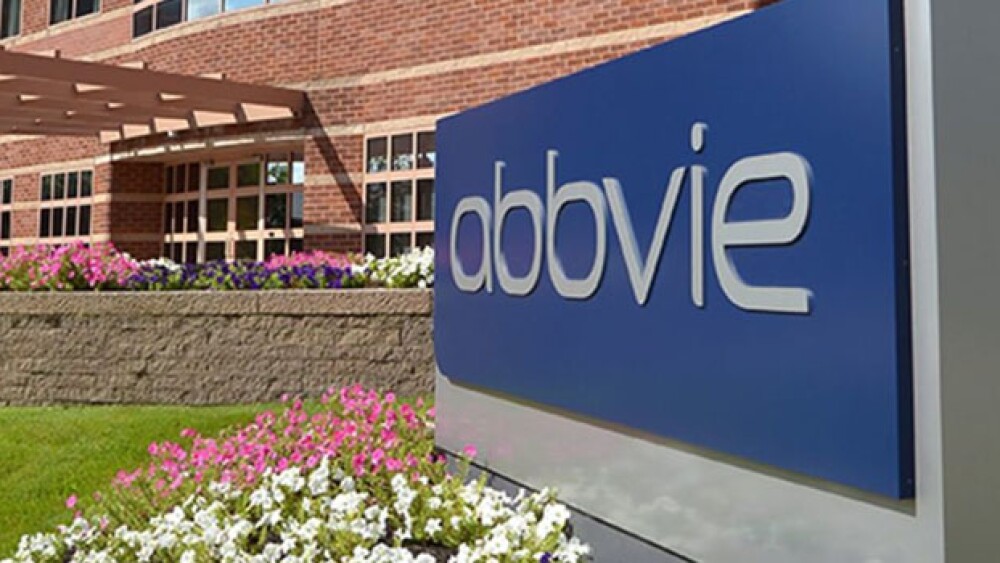Nearly four years after first forging a research collaboration, AbbVie and Calico, Google’s life science company, have extended that 10-year pact with another $1 billion pledge to develop therapies associated with age-related diseases, including neurodegeneration and cancer.
Nearly four years after first forging a research collaboration, AbbVie and Calico, Google’s life science company, have extended that 10-year pact with another $1 billion pledge to develop therapies associated with age-related diseases, including neurodegeneration and cancer.
Both companies have pledged an additional $500 million each toward the goal as the partnership will be extended for an additional three years. Although the companies did not provide an update on the joint research, in their announcement AbbVie and Calico, which did disclose that it now has about 150 employees, hinted at potentially taking a product into the clinic.
Michael Severino, AbbVie’s chief scientific officer and head of research and development, said for the past four years the two companies have built a successful collaboration that is “advancing cutting-edge science.” The extension of the collaborative relationship will allow the companies to “further build on the research we’ve done to identify transformative treatment options for patients with age-related diseases,” Severino said.
The two companies initially forged their agreement in September 2014 with pledges of $250 million each with an additional $500 million each thrown in later. This latest announcement gives the joint venture a total of $2.5 billion. Since 2014, the collaboration between the two companies has produced more than two dozen early-stage programs addressing disease states across oncology and neuroscience and yielded new insights into the biology of aging, the companies said Tuesday.
Calico Chief Executive Officer Arthur D. Levinson said the collaboration with AbbVie has “fully met” the expectations the companies set in 2014.
“Our initial agreement created a unique partnership and this extension will accelerate further our efforts to understand the science of aging to advance novel therapies for patients,” Levinson said in a statement.
Under the terms of the agreement, the collaboration between the two companies has now been extended for an additional three years. Calico will be responsible for research and early development until 2022 and will advance collaboration projects through PhaseII2a through 2027. AbbVie will continue to support Calico in its early R&D efforts and, following completion of Phase 2a studies, will have the option to manage late-stage development and commercial activities. Both parties will share costs and profits equally.
While there is no fountain-of-youth that stops the aging process, multiple companies have focused their research on combating diseases that are associated with getting older. The therapeutics are aimed at addressing some of the setbacks that many people face as they age in order to improve quality of life. BioSpace pointed to some of the work being conducted in the age-related disease space last week, which includes research conducted by UNITY Biotechnology. Unity is developing UBX0101, a potent senolytic small molecule inhibitor of the MDM2/p53 protein interaction, to treat musculoskeletal disease with an initial focus on osteoarthritis. Unity’s therapeutic candidates are aimed at cleansing “toxic” senescent cells, which the company believes could help reverse, or at least slow down, the effects of several ailments associated with aging.
Also, Florida-based Longeveron announced in December that it was moving forward with the development of its stem cell treatment to ameliorate aging frailty. The company is studying Allogeneic Mesenchymal Stem Cells (MSCs), which are derived from human adult donor bone marrow, in patients with aging frailty.





